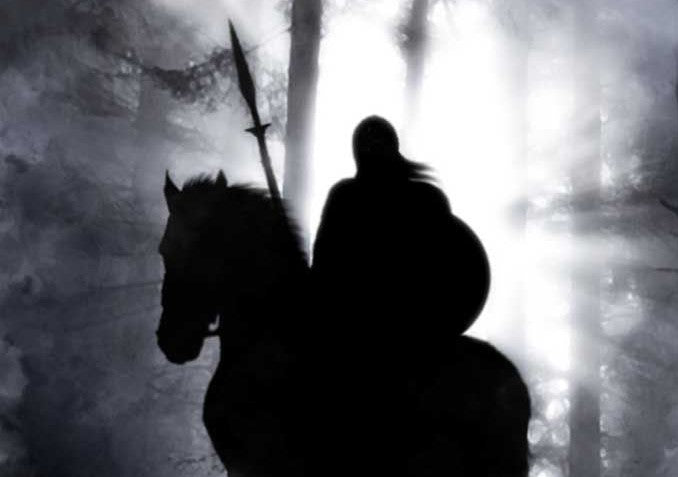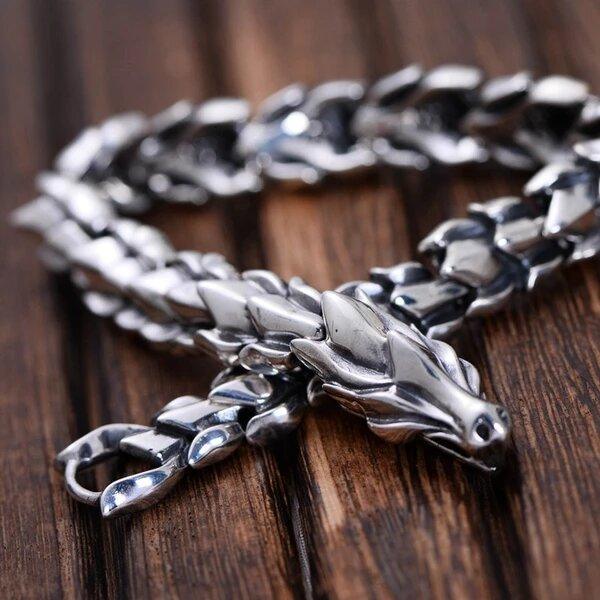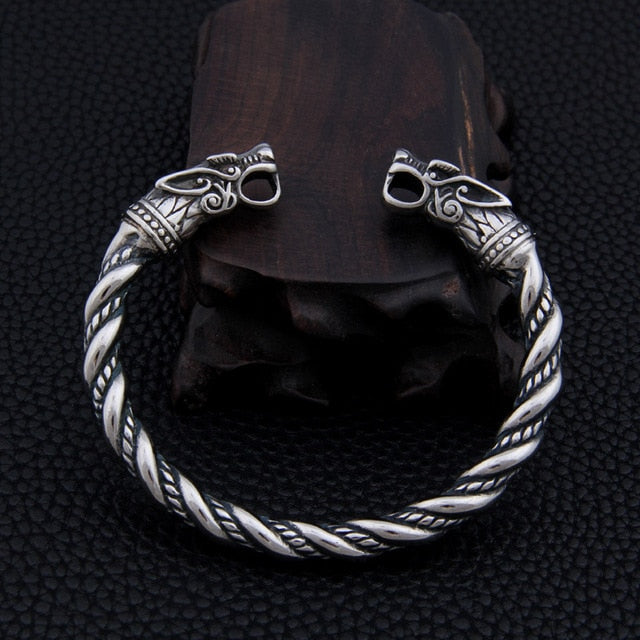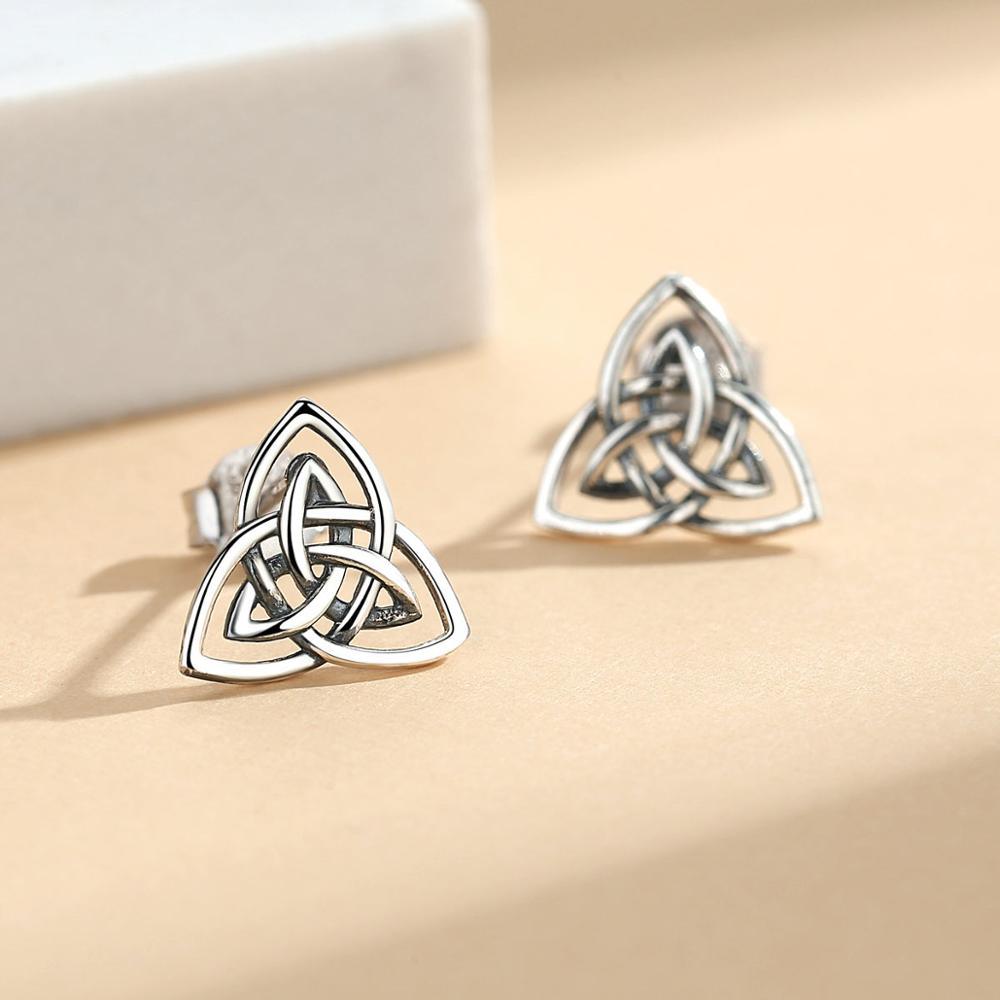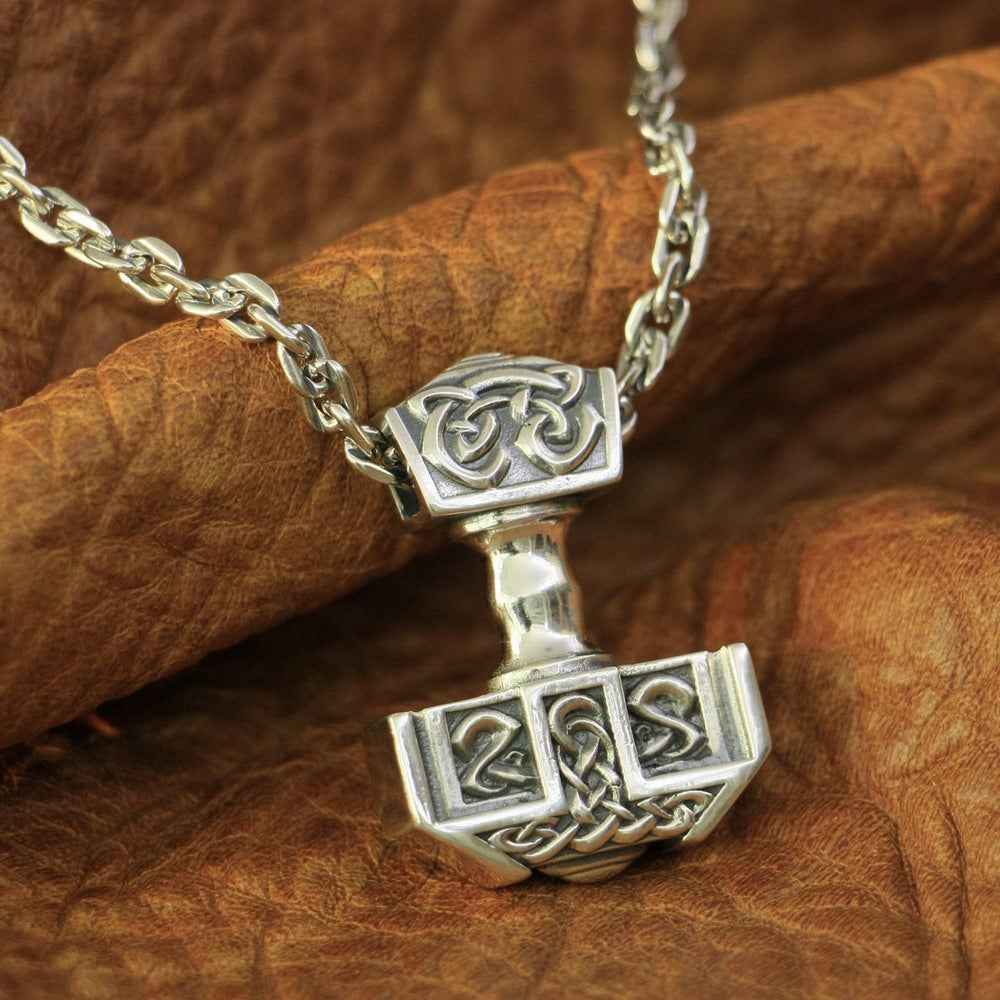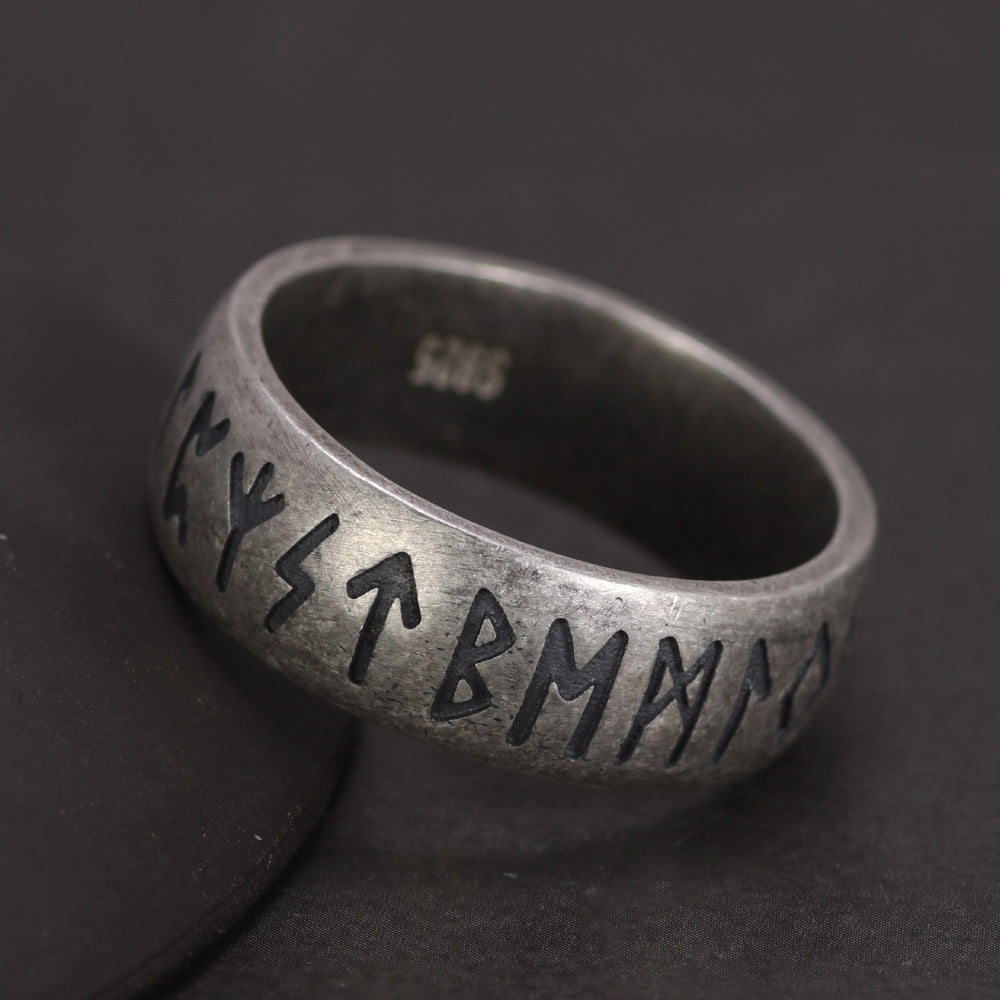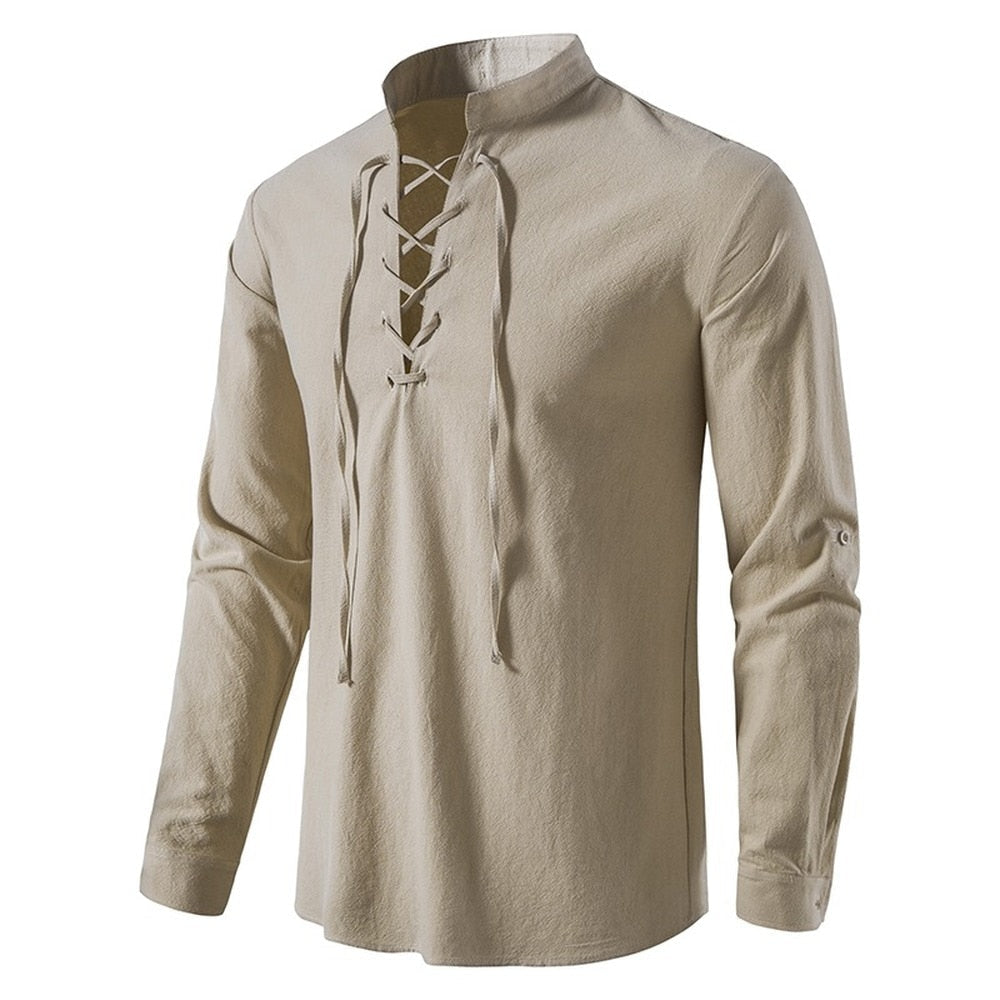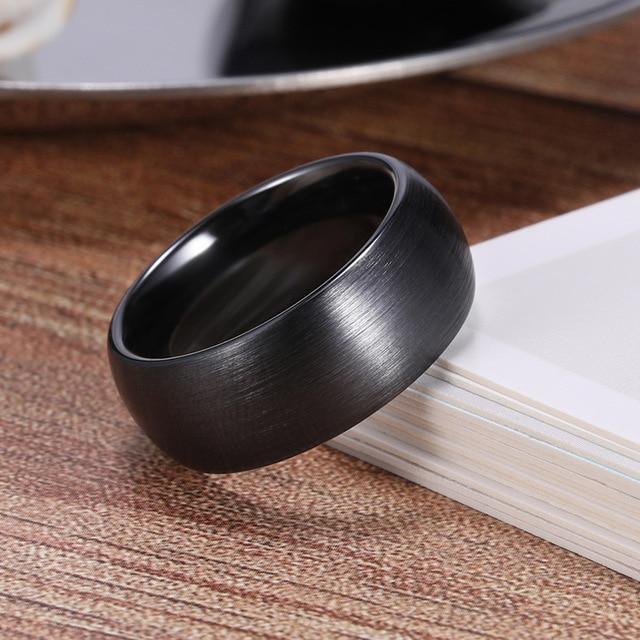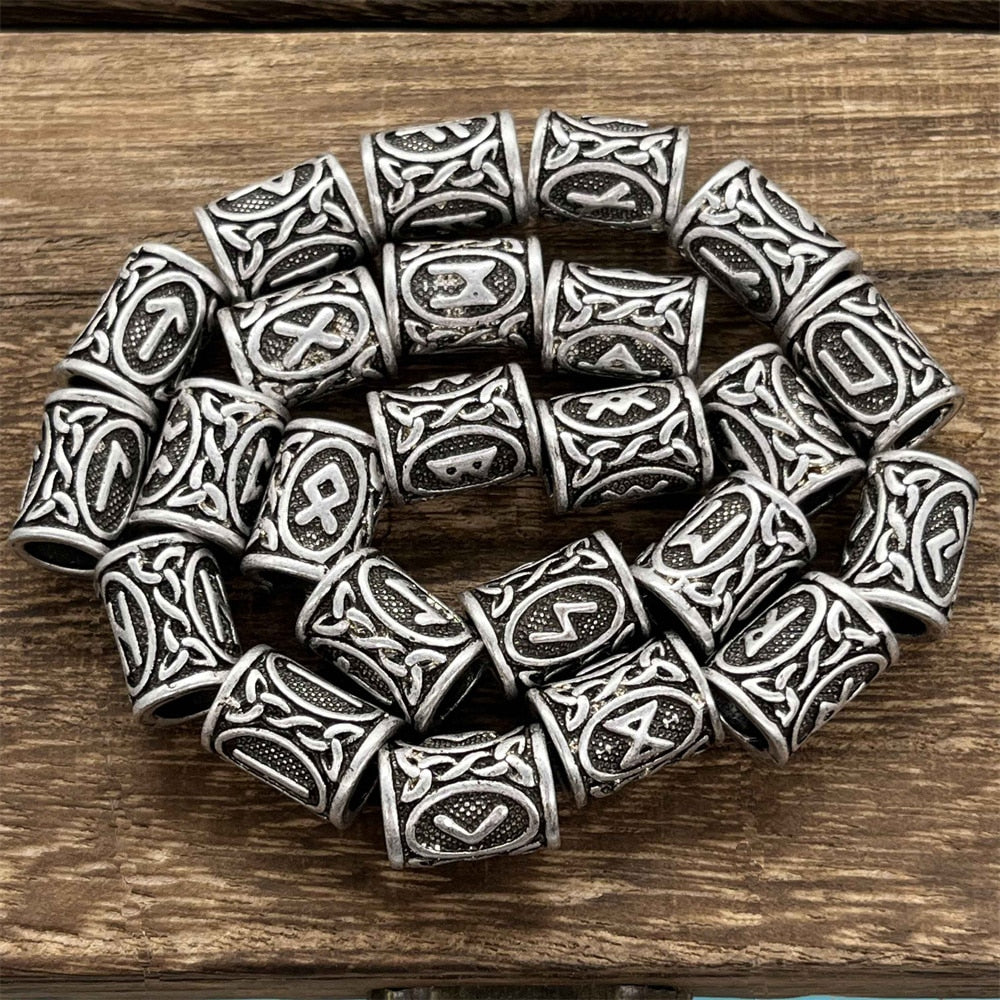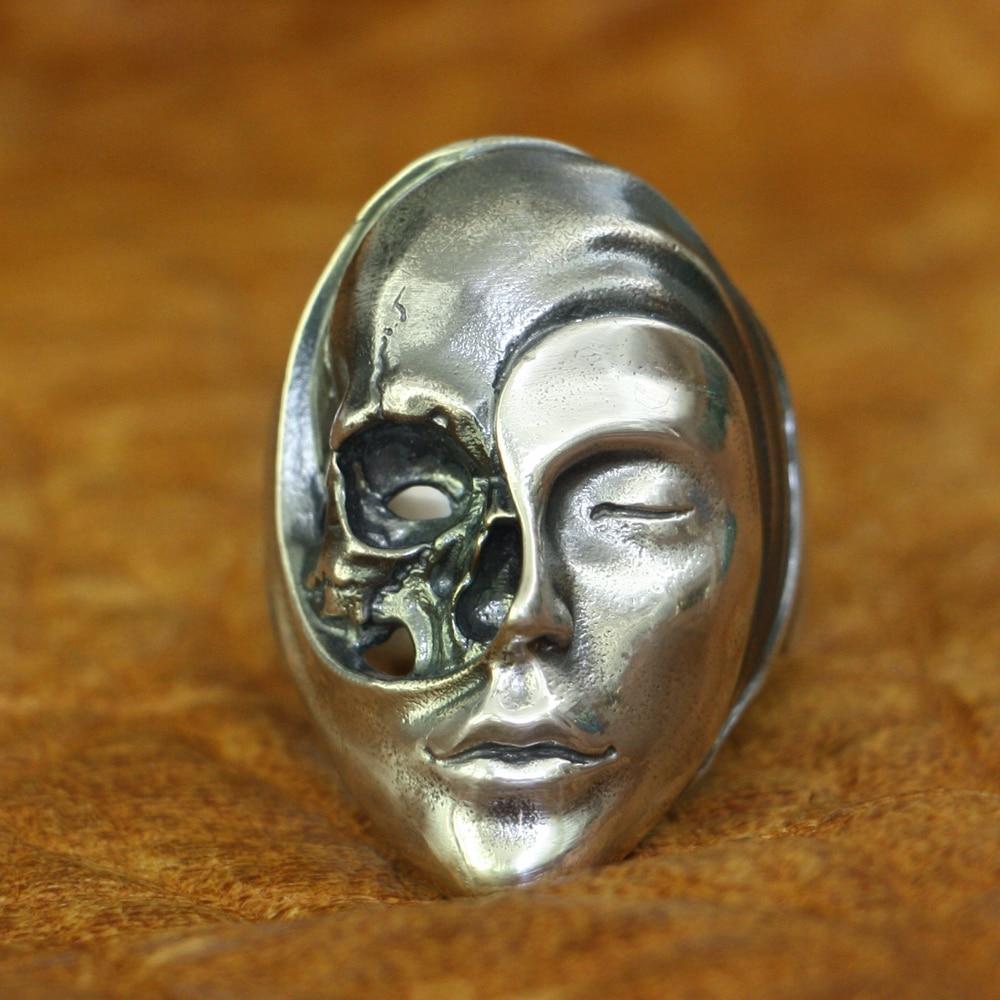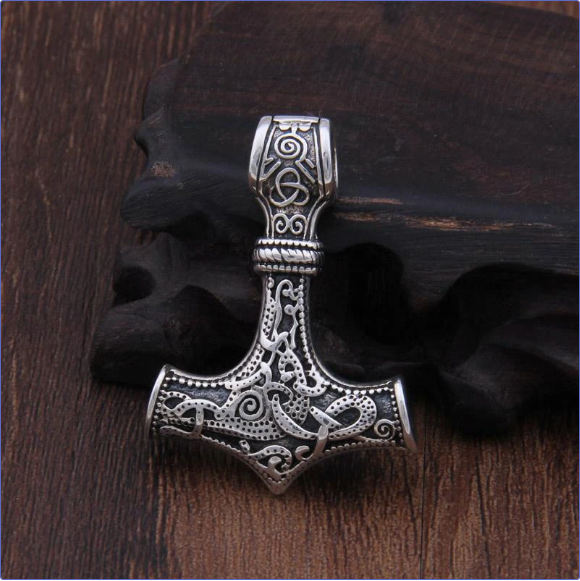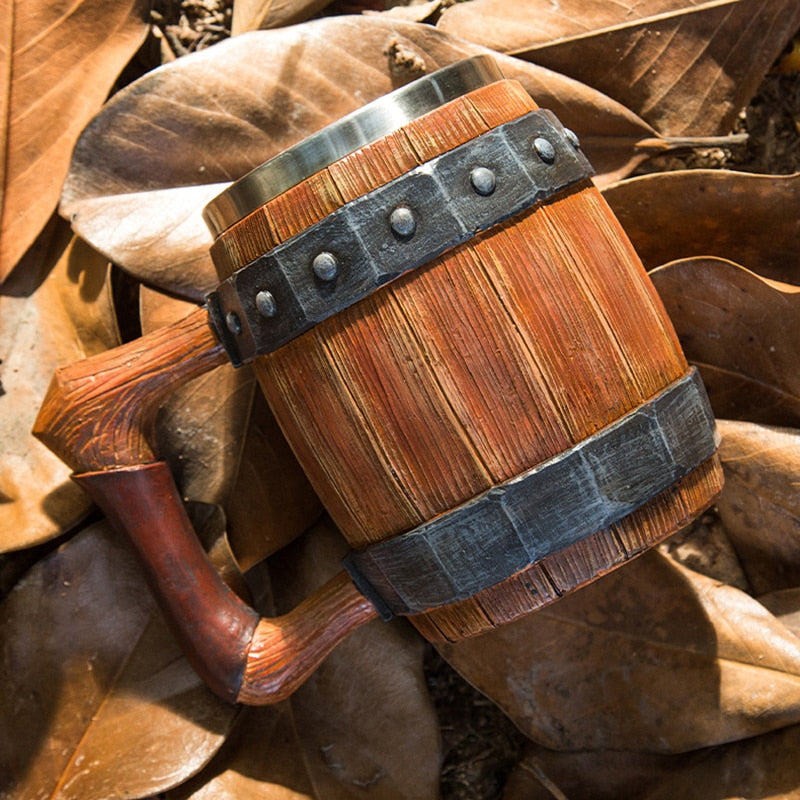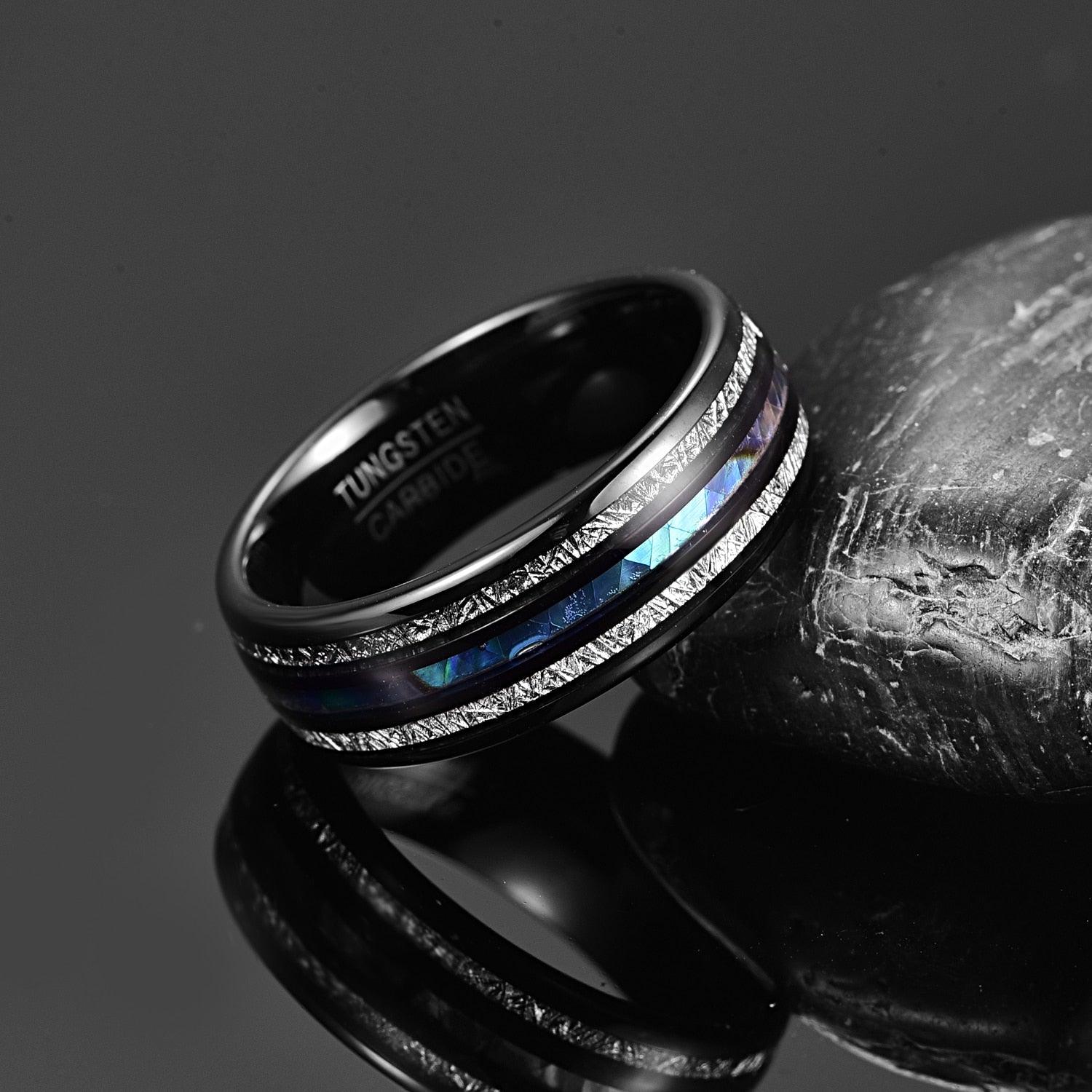These events take place soon after the Death of Balder under the treacherous machinations of the mischievous Loki (read it here).

The Sly One had used all his cunning, guile and shape-shifting prowess to not only find out the only weakness the God Balder had – the mistletoe, but to mislead Balder’s own blind brother Hodr to strike the blow. The events take place while the Funeral of Balder took place (read it here), as the valiant Hermodr rides to Helheim at Frigg’s request to parlay with Hel herself for Balder release.
Hermodr’s father Odin handed him the reins of his trusty steed Sleipnir. Very few had received such honor, but fewer still would willing ride into Helheim while still breathing. The Aesir did not call him brave wantonly.

Riding Sleipnir, Hermodr descended down the trunk of Yggdrasil, the great tree that forms the central axis of the cosmos. For nine days and nights, the brave God rode through a deep and dark valley. Hermodr crossed many rivers, all of which sprang from the seething cauldron of Hvergelmir: the cool Svol and the defiant Gunnthra, Fjorm and bubbling Fimbulthul, fearsome Slid and storming Hrid, Sylg, Ylg, broad Vid and Leipt which streaked past like lightning. At last, Hermod came to the largest of the underworld rivers, the icy Gjöll.
The river Gjöll (“Loud Noise”), was spanned by a bridge named Gjallarbrú (“Bridge over Gjöll”), thatched with strips of gold, and guarded by a giantess named Móðguðr (Furious Battle). As Hermodr prepared himself to cross the bridge, Móðguðr stopped him. She peered ad the God, realizing he was still alive, and wanted to know his lineage and why he wanted to cross into the land of the dead. Hermodr told her that he was an Odinson, on a quest to find his brother Balder, which greatly appeased the giantess, for she too loved Balder.
For Hermodr surprise, the guardian of the bridge not only allowed him passage, but also gave him directions. She told Hermodr that he was only half way towards Hel’s hall, located northwards and downwards.
Thanking the guardian of the bridge, Hermodr and Sleipnir gathered their strength and surged on on their mission.
Time had lost its meaning as Hermodr rode into darkness, but eventually he saw the massive gates and towering walls that Hel had set up in front of her hall Eljudnir.

Sensing the eerie atmosphere emanating from within, Sleipnir stopped in his tracks and whinnied. Hermod dismounted and looked around in the dismal light. The gates were locked; impassable, it seemed, for all those not fated to pass beyond on their way to dreadful Nastrond, the shore of corpses.
Hermod did not come all this way to allow for a wall to stop him. He tightened his stirrups and swung himself back into the saddle. Taking some distance, he led Sleipnir towards the gate, galloping at the full speed of the magnificent stallion. At the very last moment, marshaling all his strength, Sleipnir jumped, soaring over the tall iron gates of Hel’s manor Eljudnir.
Riding straight to Eljudnir’s doors, Hermodr dismounted once more and boldly strode into the cavernous hall of the Goddess of death. Faces without number silently turned towards him, the dead had eyes only for Hermod.
Doing his best to ignore and not to anger the host of the dead, Hermod quickly saw a radiant figure sitting in a high seat: his brother Baldr.

For Baldr’s sake and the sake of the Gods, resolute Hermod stayed all night in the hall. He sat by the door and kept his own counsel, silent in the company of the dead who would not speak unless he spoke to them. For many hours he waited for Hel to rise from her bed – named sick-bed – drawing back its hangings which were named Glimmering Misfortune.
As the Goddess of the dead finally rose, Hermodr saw one half of a beautiful woman and one half of a decaying corpse, joined in the middle, forming a single being: Hel. She crept towards the Hermodr, looking gloomy and grim.

Hermod greeted Hel and paid his respects. He told her of the grief of the Gods, that the whole of Asgard was in sorrow, and all the Gods weep for Balder. He wove his words with care and love and asked Hel if she would agree to let Balder ride home with him.
Even death itself can sometimes be kind, and Hel was moved by the Hermod words. After taking her time to think, Hel told him she was not so sure that Balder was missed by all, and proposed a challenge to the Gods: If everything in the Nine worlds, dead and alive, were to weep for Baldr, she would allow him to return to Asgard. But if anything demurs, if even one thing does not weep, Baldr must remain in Helheim. And with these words Hel slowly turned away from Hermod.
Hermodr barely suppressed a smile, for if Frigg could persuade all the creatures and things to make oaths not to hurt Balder, surely to make them weep would be much easier.
After Hel and Hermodr had their counsel, Baldr stood up with his wife Nanna beside him. They walked the length of the hall towards Hermod, and all the while Balder’s face shone like a beacon of hope. Greeting Hermod with him smile, they led him out of Eljudnir.
Balder then took off the arm-ring Draupnir that Odin had fixed on him when he was lying lifeless on Ringhorn, putting it into Hermod’s hands. He said, “Give this to my father in remembrance of me.”
Nanna then gave Hermod linen for a head-dress and other gifts. “these are for Frigg,” she said. “And this is for Fulla (Frigg's counselor and confidante) handing Hermod a golden ring.”
Hermod took leave of Baldr and Nanna. He mounted Sleipnir and rode without rest until he reached Asgard. It was in Asgard’s fields of Gladsheim, where he made his report to the Gods and Goddesses of all he had seen and all that had been said to him, delivering Balder’s and Nanna’s gifts to Odin, Frigg and Fulla.
Under Odin and Frigg direct orders, messengers were sent out to every corner of the Nine Worlds, all they asked was to weep for Balder. As each substance had sworn an oath before that it would not harm Baldr, each substance now wept. Iron and every other metal wept, the stones wept, earth wept, the trees wept, every kind of illness wept, all the animals wept, all the birds wept, every kind of poisonous plant wept and so did every sidling snake. Even fire wept, just as these things weep when they are covered with rime and begin to thaw again.

The Gods’ messengers were making their way back to Asgard and they all felt they had overlooked nothing. Balder was as good as at home. Then they came across a giantess sitting in a cave.
Her name was Thokk.
Then the messengers explained their mission and asked Thokk to weep as all things had wept, so that Balder would return from the land of the dead.
The giantess glowered at the messengers and then she answered sourly, that she would weep dry tears over Balder. That she never cared for him, alive or dead, she had no use for him. That Hel should hold what she already has.
Despite the messengers” prayers and entreaties, Thokk refused to say another word. She would not recant, she would not weep.
After a long time pleading, bribing and even begging, the messengers still could not change Thokk’s heart and left her with heavy hearts, crossing Bifrost back to Asgard, defeated.

The Gods and Goddesses ached; they felt old, confused and weary. And not one of them doubted that Thokk, the giantess in the cave, was also Loki.
Thus Baldr had to remain in the underworld, not to emerge until after Ragnarök, when he and his brother Hodr would be reconciled and rule the new earth together with Thor's sons.
This saga shows that sometimes the smallest details are the most important ones, and that sometimes not even riding to Hel and back is enough to make things right.
Sources:
Lindow, John. 2002. Norse Mythology: A Guide to the Gods, Heroes, Rituals, and Beliefs. Oxford University Press. ISBN 0-19-515382-0
Orchard, Andy. 1997. Dictionary of Norse Myth and Legend. Cassell. ISBN 0-304-34520-2
Simek, Rudolf. 2007 [1993]. Translated by Angela Hall. Dictionary of Northern Mythology. D.S. Brewer. ISBN 0-85991-513-1
Jesse Byock (2005) Snorri Sturluson, The Prose Edda. 1st. edition. London, England: Penguin Books Ltd. ISBN-13 978-0-140-44755-2
